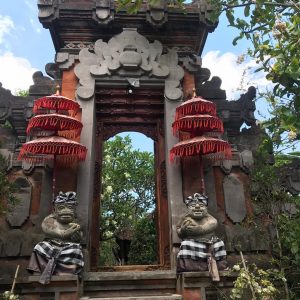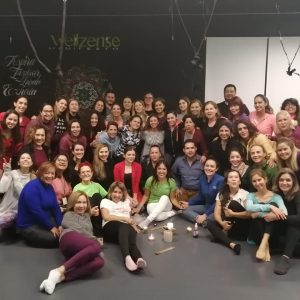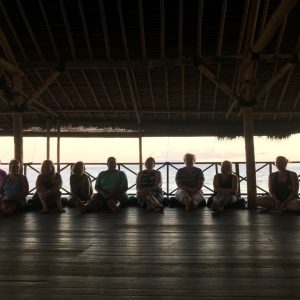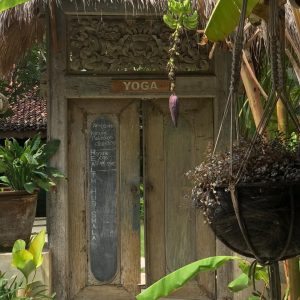My Counseling Philosophy – Alba Porras
Hi, Welcome! My name is Alba Porras and I’m a counselor in training. I worked in the health and wellness industry for 15 years before embarking on this path. During these years, I was on a journey with amazing people for the betterment of their quality of life achieved either through movement or through habit’s change. Helping them connect to their body wisdom was my goal. However, I learned that although a body approach was great, I needed to explore tools that would address the other dimensions of the person. This brought me to counseling.
In regard to me, I have so many layers as we all do: I’m a trauma informed yoga instructor, a kinesiologist, someone who recovered from an eating disorder, someone who lost the ability to walk or move for almost two years because of a severe car accident, someone who was burned out and has a diagnosis of a debilitating chronic health condition, and someone who loves helping. Overall behind all these many layers and roles, I’m a human being who understands pain and suffering. Therefore, I recognize the integrity of your experience.
In previous years, I used to teach people how to listen to their bodies so they could find within the tools needed to live better. This time around, I’m here for you and with you along a journey towards boosting your psychological immune system. My goal is to help you in a way that you can connect to your inner wisdom and inner guidance, because only YOU know what is best for you. Therefore, helping you find a sense of control, hope and a sense of coherence and wholeness is important for me.
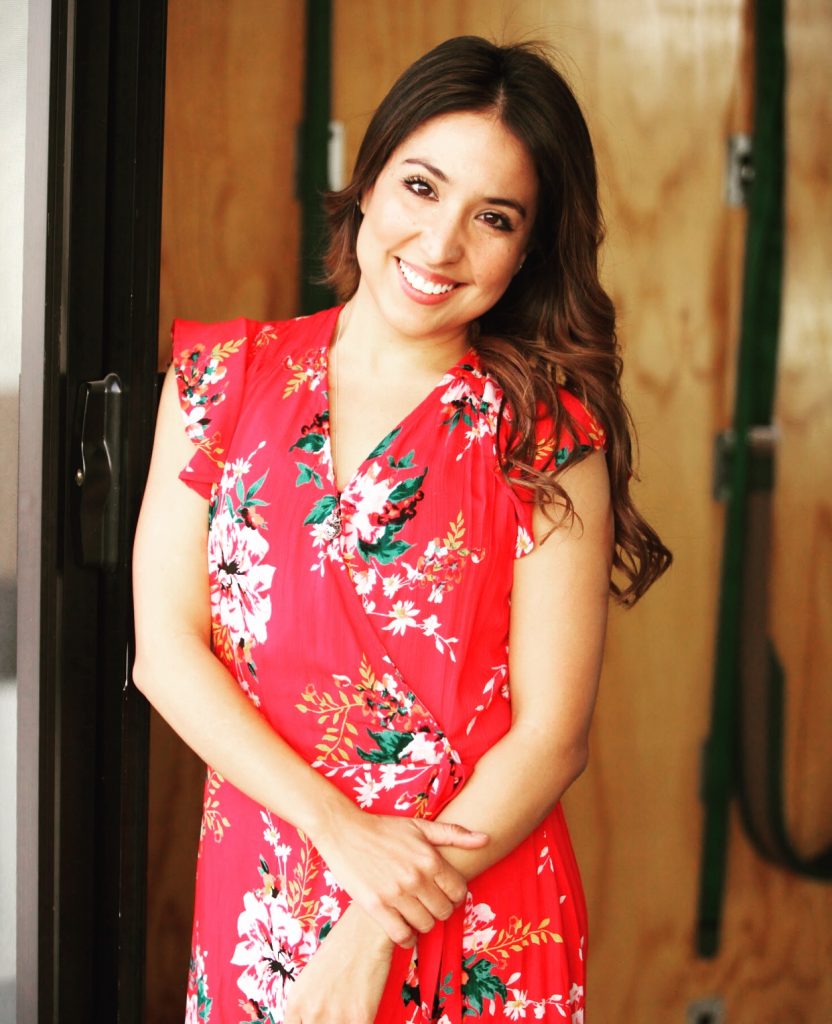
My role and settings as a future counselor :
As a future counselor I hope to collaborate with clients experiencing chronic health conditions, anxiety, or depression. I’d also like to work with entrepreneurs and self-care providers who are on the risk of burnout and vicarious trauma. The client population that I hope to be working with in the future is adults. Also, I’m considering providing education services, as well as individual counseling. Ideally, I would like to offer workshops on body-mind approaches for stress-relief, burnout prevention and pain management for chronic-health survivors. It has also been on my heart for the last few years to write a book on a comprehensive body and mind guide for self-care.
Theories and Counseling:
I strive to help you develop new dimensions of your human potential by learning new coping strategies that enable you to more effectively deal with your environmental stressors. I also strive to intentionally ameliorate social injustices that adversely affect your mental health and the mental health of others. With that in mind, I hope to help you find the tools to advocate for yourself and others because at the end of the day, we are all in this together.
I hope to liberate you from an individual intrapsychic approach and mental approach to counseling so we can move towards a more comprehensive, culturally respectful, body oriented and mindfulness based counseling that includes strategies to foster greater level of social justice and improvement of your life in all its dimensions – in and out and all around.
I’m a Somatic Experiencing (SE) practitioner in training, and I also teach trauma informed mindfulness, therefore my approach during our future sessions will keep your body in mind. I strongly believe that our life stories leave an imprint in our bodies, an eventually this becomes our biology, which may turn into pathology or disease. Conflicts are lodged in the body so a mind approach is not enough. In a sense, one can be fully in charge of one’s life only if one can accept and work with the reality of one’s body and mind in all its visceral proportions.
For me, counseling is a journey of self-exploration where your resources and strengths are identified and emphasized; and where you can break free of the ambivalence that entraps you in repetitive cycles of self-defeating or self-destructing behaviors. With this in mind, I hope to get trained in Motivational Interviewing and Dialectical behavioral therapy. The first one will help you find motivation and your inner radar which will help dissolve the ambivalence in your life; and the later one will help you explore your feelings and emotions so you can become aware of emotional world and “find yourself” in the process. These theories along with my mindfulness training and SE training, will allow me to provide a holistic approach to counseling.
Guiding Principles:
Nobody is diseased, broken, or needs fixing. We are really on a human experience striving to connect with our birthright (Happiness). And – We are here to awaken together.
Wellness – Holistic approach: You and I are multilevel and multidimensional human beings. We are unique, and therefore there is no right fit or recipe for success. The key is to address all the dimensions that make up your existence so we can develop the right fit for YOU and only for you. This is only achieved through collaboration and good communication, because you are the expert of you.
Unity and Collaboration – The quality of my helping begins when we both understand that we are not separate but rather we are part of one another, working on a collaboration and in unity.
Self-Care is my priority since you would be the most affected one by a distressed counselor. Best practices may begin with me maintaining my own self-care. If I don’t, I might have a decreased capacity for empathy and may be at risk of empathy fatigue.
To avoid cognitive deprivation I strive to collaborate with a diverse clientele without overstretching myself.
Therapeutic presence– You are important to me. Therefore, I’ll be bringing my whole self into the session by being completely in the moment on multiple levels: physically, emotionally, cognitively and spiritually.
Self-Inquiry : to be of most service to others I must face my own doubts, needs, fears and resistance. As my understanding of my own suffering deepens I become available at deeper levels to you and I’m less likely to project suffering on you.
I hope to be part of your journey towards wellness, stay well.
Servicios disponibles en Español.
References:
- Crethar, H. C., Rivera, E. T., & Nash, S. (2008). In search of common threads: Linking multicultural, feminist, and social justice counseling paradigms. Journal of Counseling and Development, 86, 269-278
- Lawson, G., & Cook, J. M. (2017). Wellness, self-care, and burnout prevention. In J. S. Young & C. S. Cashwell (Eds.), Clinical mental health counseling: Elements of effective practice (p. 313–335). Sage Publications, Inc.
- Dass, Ram & Paul Gorman. How Can I Help?: Stories and Reflections on Service. Alfred A. Knopf, 2011.
- Tarvydas, V. M., & Hartley, M. T. (2018). The professional practice of rehabilitation counseling. NY, NY: Springer Publishing Company

